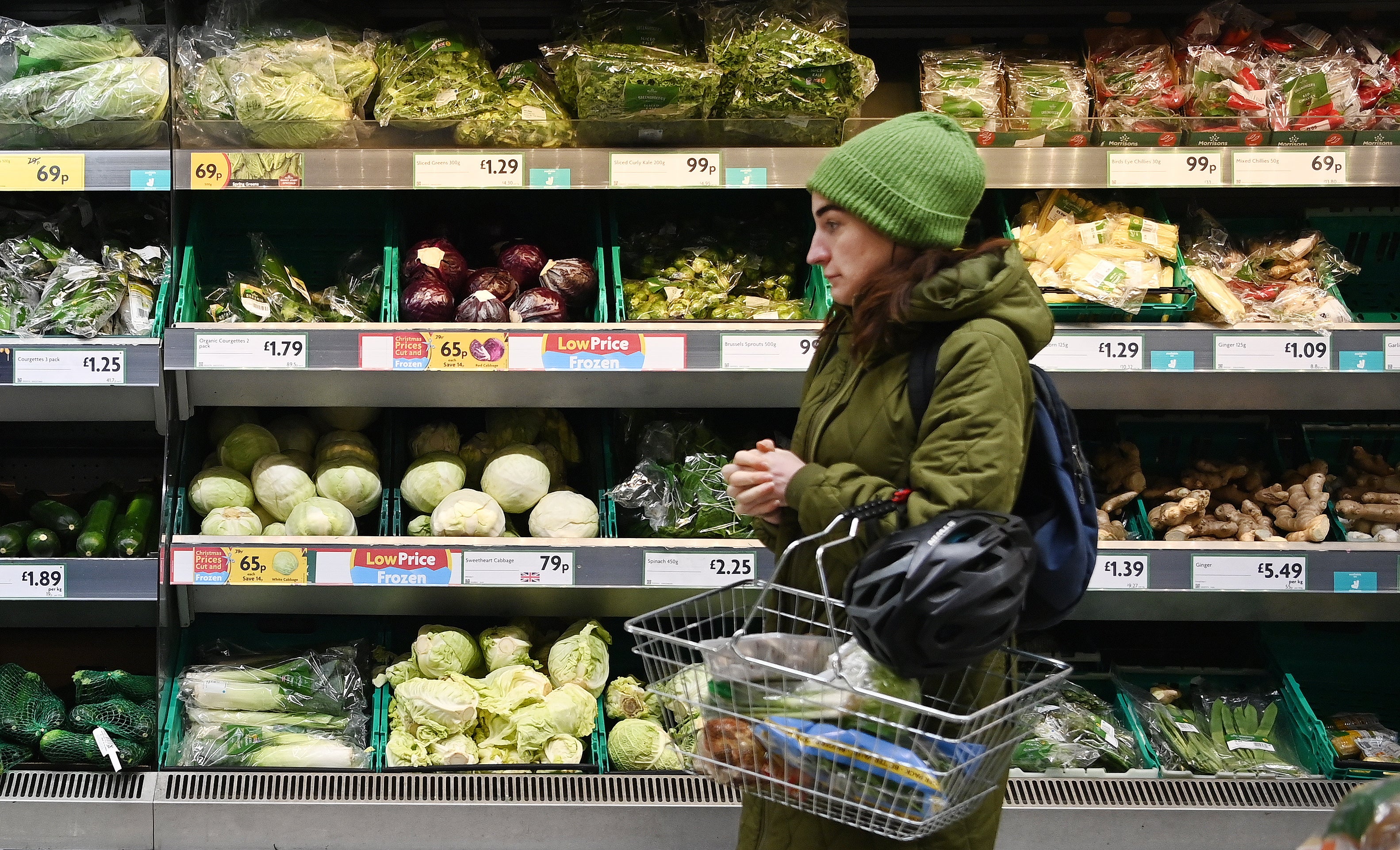The tiny profit UK farmers make from the food they grow
The market is failing to reward UK farmers, food charity Sustain finds
UK farmers are receiving minuscule profits as supermarkets experience record takings, according to a new report from food charity Sustain.
Analysing five everyday foods including apples, cheese, beefburgers, carrots and bread, the findings concluded that farmers receive less than 1% of the profit after deductions from intermediaries and retailers.
For four beefburgers, the processor takes ten times the profit of the beef farmer. Elsewhere, the cereal farmer spends 9.03p on a wrapped, sliced loaf of bread with a selling price of £1.14 and receives 0.09p in profit. This loaf would make 0.5p profit if sold in an independent bakery.
Lengthy supermarket supply chains divert profits to intermediaries like processors, transport companies and retailers, whilst shorter supply chains including vegetable box schemes and coops attribute more value to farmers and their workers.

The charity is calling on the UK government to revise supply chain regulations to make them fairer for farmers.
Vicki Hird, Head of Farming at Sustain, said: “It is astonishing how little of the money we pay for our food ends up in the hands of the farmers and growers. Farmers carry a lot of risk and work in difficult conditions to put food on our table.
“We also expect them to look after our landscape and our nature – and want them to do more of that in the future including protecting nature and helping to cut 30% of food based climate changing greenhouse gas emissions.
“If they are to do that, they need more money in their businesses.”
The British Retail Consortium is a trade association for all UK retailers including supermarkets. Andrew Opie, Director of Food & Sustainability, told The Independent: “Retailers have long-standing, established relationships with their suppliers and know how important maintaining these are for their customers and businesses.
“Supermarkets source the vast majority of their food from the UK and know they need to pay a sustainable price to farmers, however, they are also facing additional costs and are working incredibly hard to limit price increases for consumers during a cost-of-living crisis where many people are struggling to afford the essentials.”
Join our commenting forum
Join thought-provoking conversations, follow other Independent readers and see their replies
Comments



Bookmark popover
Removed from bookmarks